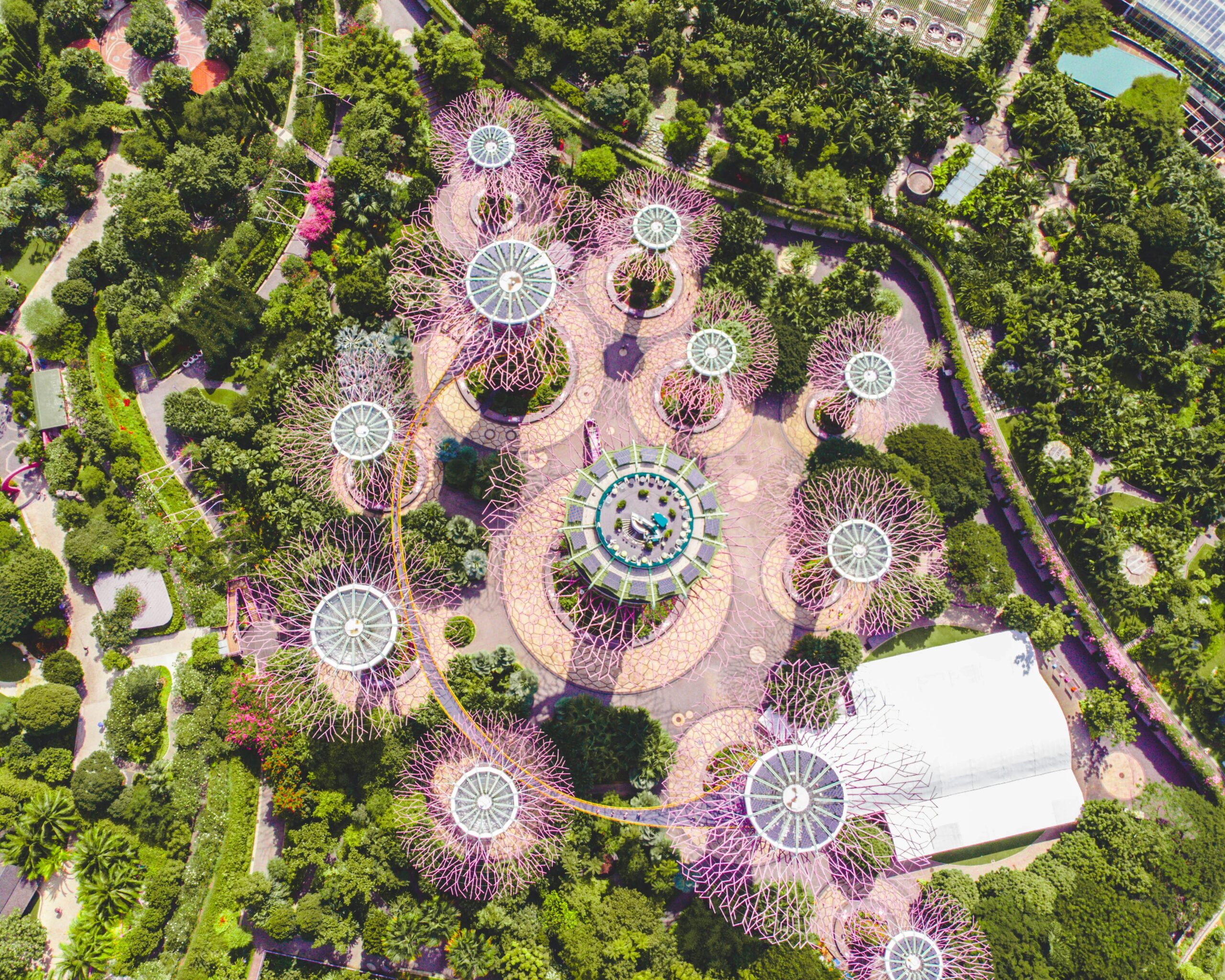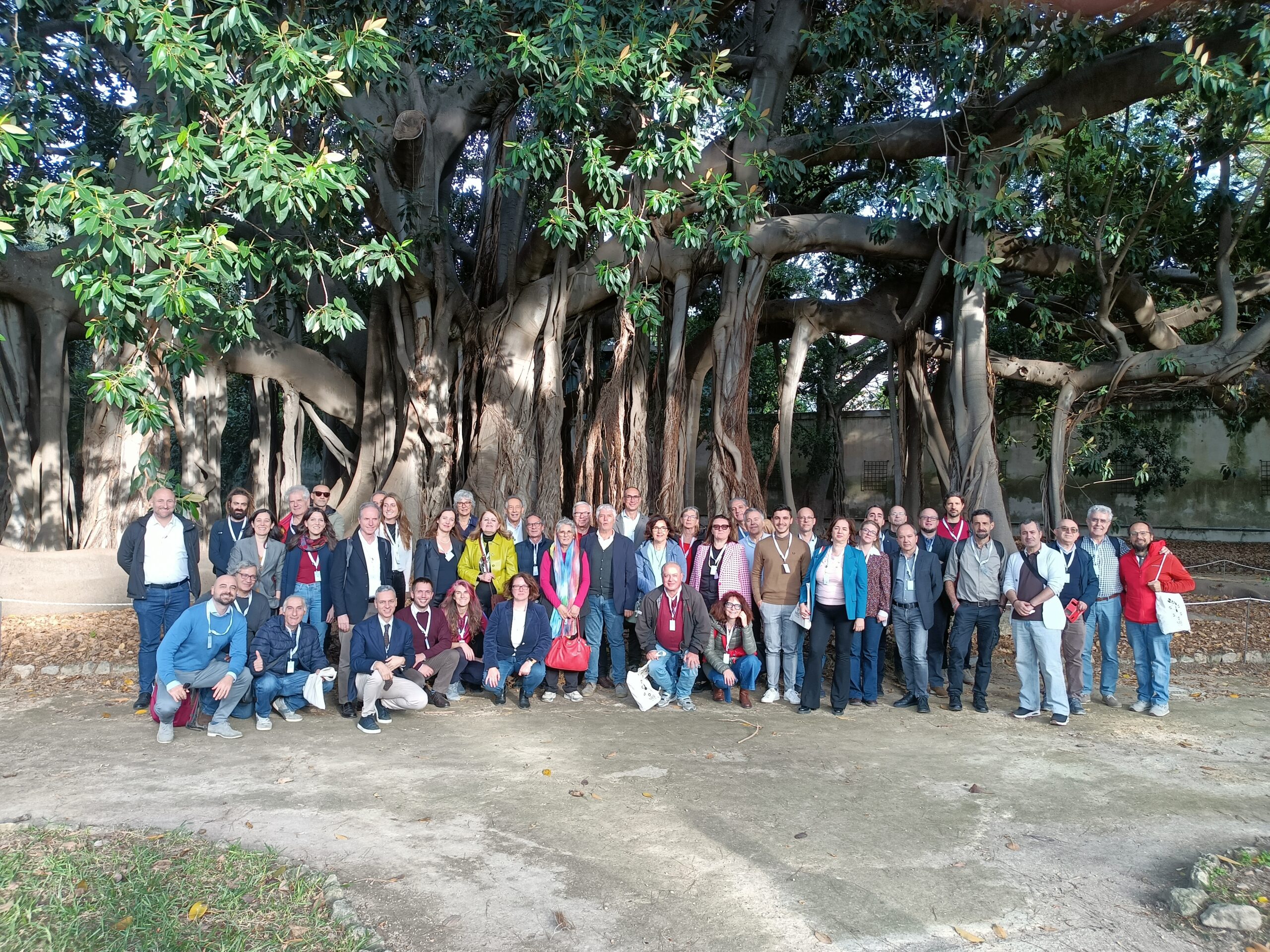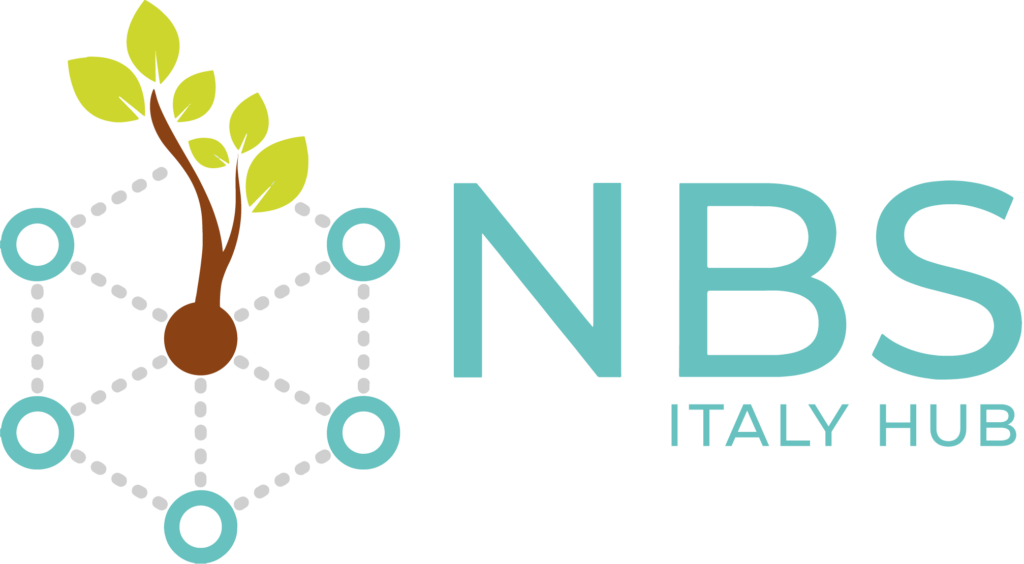On Friday, May 9, 2025, at the PRC conference room of the Edmund Mach Foundation (FEM) in San Michele all’Adige (TN), a workshop titled “Green infrastructures for the well-being of urban and peri-urban ecosystems and citizens” was held, promoted by the Forestry and Wood Research Center of the Council for Agricultural Research and the Analysis of Agricultural Economics (CREA) and FEM.
Urban green areas play a crucial role in improving the quality of life in urban areas, also contributing to climate change mitigation and psychological well-being. Practical experiences have shown how urban green spaces can provide important ecosystem services and contribute to the recovery of degraded environments, both in urban and peri-urban contexts.
The workshop began with welcome addresses by the president of FEM, Francesco Spagnolli, and the president of CREA, Andrea Rocchi, followed by brief presentations by representatives of the involved organizations: Alessandro Gretter (EU strategy for the Alpine region), Alessandro Paletto (president of the Trentino Forestry Association), and Claudio Maurina (president of the Order of Agronomists and Forestry Doctors of the Province of Trento). During the event, topics regarding green infrastructures, environmental sustainability, and the recovery of degraded environments were discussed, with a focus on the social dimension of sustainability. At the center of the debate were Nature-based Solutions (NbS) to improve thermal comfort, as well as the perception and use of urban green infrastructures in the post-Covid-19 pandemic period.
CREA presented its activities in collaboration with the Lazio Region and Rome Capital, within the projects Accordo Ossigeno and Vivi4Roma, which aim to achieve environmental goals such as CO₂ reduction, hypoallergenicity, and resistance to pollutants. The European ForestValue2 project was also presented, an initiative for direct citizen engagement through “scientific cafés”. FEM highlighted its ongoing commitment to monitoring allergenic pollen and studying the urban aerobiome within European projects such as AirBiD (Biodiversa+) and INTUF (COST). The results of these research efforts will contribute to urban green planning more focused on biodiversity protection and human health.
The workshop concluded with an educational and outreach visit to the Gocciadoro Park in Trento, where participants were able to explore key aspects related to urban biodiversity.
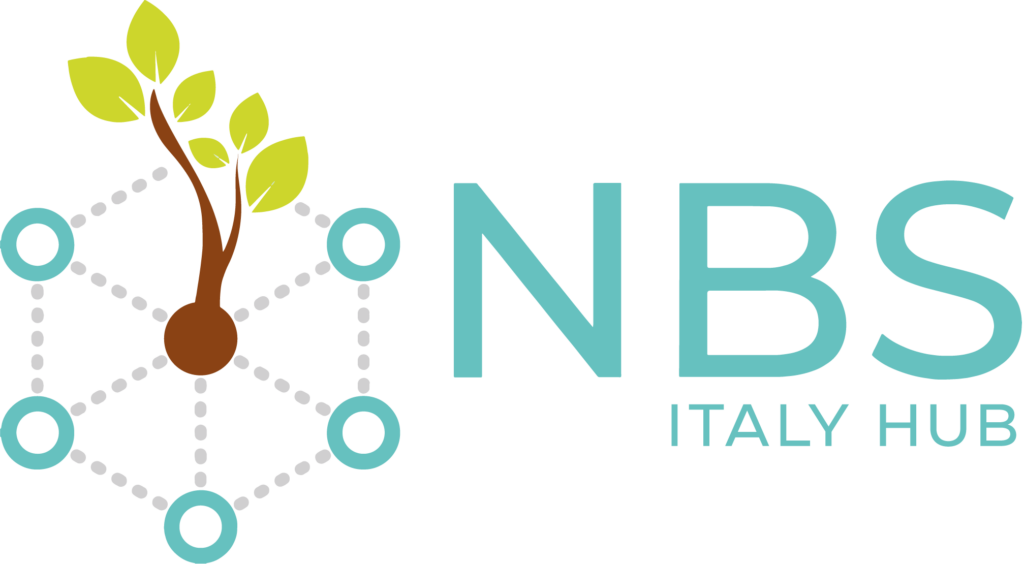

 Italiano
Italiano


